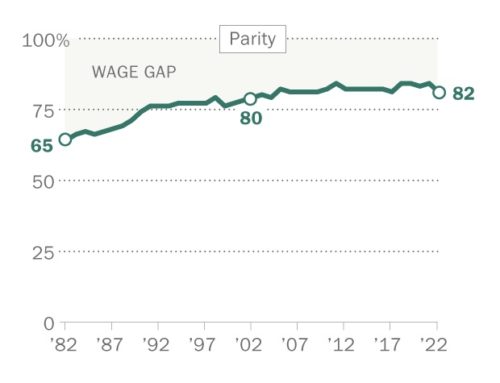Over the years, I have developed great sympathy for Inspector Jacques Clouseau’s boss — Commissioner Charles Dreyfus. The good commissioner and I twitch when we observe inept moves.
Although Clouseau (Peter Sellers) bungled catching the crooks, the inspector’s maladroit moves in the “Pink Panther” films gave me a lot of wonderful laughs.
Present bureaucratic actions, although well intentioned, might not turn out to be so humorous. Irrespective of their motivations, I have nicknamed the legislators, the regulators and the swarms of government bureaucrats who are busily brewing up remedies to our housing debacle as the “Inspector Clouseau Brigade.”
Pundits worry that actions in the short term by the government to alleviate the housing problem might lead to many long-term problems. The government already has thrown hundreds of billions of dollars at the problem. The combination of increased government deficits plus low interest rates could be very inflationary.
Historically, inflation deters saving; thus, future would-be homeowners could suffer from deficient funds for mortgages.
On a different tack, some legislators have advocated arbitrarily either reducing the size of homeowners’ mortgage obligations or reducing the mortgage interest rate. This action would undermine the sanctity of contracts, the foundation of capitalism.
I do not know which government agency should get my Inspector Clouseau award. There are many aspirants.
My first choice is the Federal Housing Administration. The Bush administration and congressional leaders are counting on the FHA to rescue hundreds of thousands of homeowners from foreclosure by helping them refinance their risky subprime loans with stable government-backed mortgages. The fly in the ointment to this solution is that the FHA is dead broke.
In fiscal year 2009, the FHA could lose $1.4 billion unless it eliminates some of its money-losing programs. The primary culprit is a poorly conceived government program called “seller-financed down payment loan program.” Under this program, the FHA gave mortgages to home buyers who did not have enough money to make a traditional down payment. The high default rate from these risky loans, which represented 36 percent of the FHA’s portfolio, have covered the agency with red ink. Despite its bleak financial picture, our Pollyannaish politicians are exhorting the FHA to increase dramatically its programs to help beleaguered homeowners refinance their subprime mortgages.
Under Ben Bernanke, the Federal Reserve has taken unprecedented and possibly financially irresponsible action to solve the subprime mortgage problem. Paul Volker, the highly esteemed former Federal Reserve chairman, has recently voiced strong criticisms about Bernanke’s policies. Volker complained that the traditionally reserved and omniscient central bank has become an institution that seems to be in the “throes of family therapy.” He felt that the central bank is acting in an unnatural and uncomfortable manner, and veering toward the “edge of the bank’s legal authority.”
Volker condemned the dramatic devaluation of the Fed’s portfolio. Within the past four months, the Fed has lowered its portfolio from 100 percent gilt-edged U.S. Treasury securities to having about one-third of its portfolio in low-quality loans and subprime mortgages. If Bernanke continues to gobble up toxic waste, the Fed by the end of 2008 will be filled to the gills with junk credits. While Bernanke might be well intentioned, he could be a financial Pied Piper.
Regulatory actions to increase dramatically the lending power of Fannie Mae and Freddie Mac might also backfire. Legislators and regulators want these institutions to increase substantially their balance sheets in order to purchase billions more of mortgages in the secondary market.
Unfortunately, there are several problems with increased reliance upon Fannie Mae and Freddie:
* These institutions are private and thus the government does not guarantee their obligations.
* These institutions are already dangerously overleveraged. Their balance sheets are more than 30 times their book value.
* These institutions are expected to lose billions of dollars over the next few years because of the high default rate on their existing collateral. Losses will decrease their book value and conversely increase their leverage to dangerous levels.
Currently, the incremental borrowing costs of Fannie Mae and Freddie Mac over U.S. Treasury obligations reflects major investor concern.
Originally published in the Sarasota Herald-Tribune



